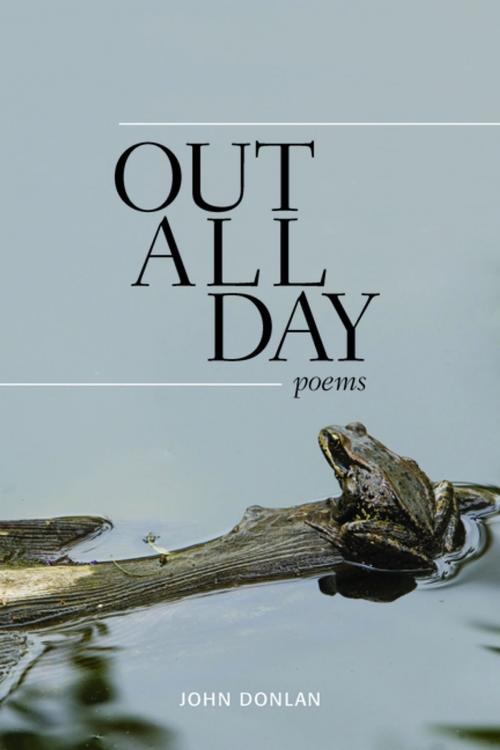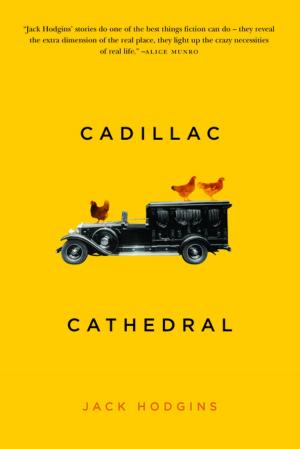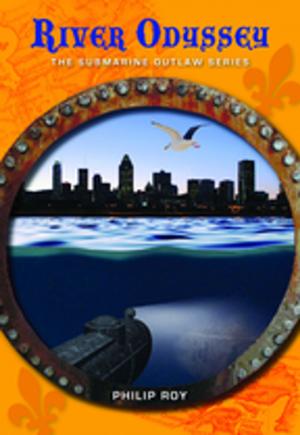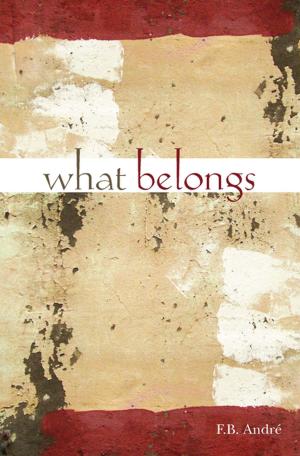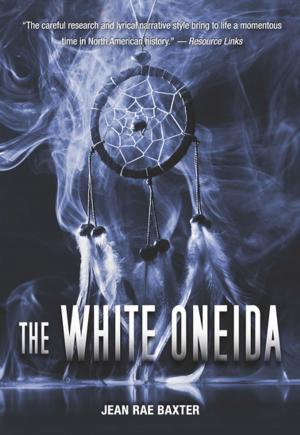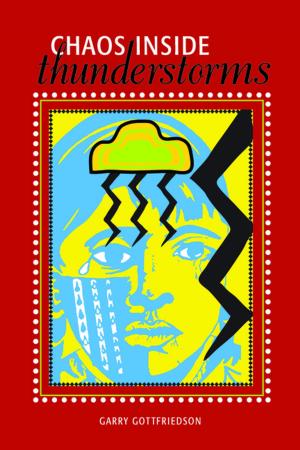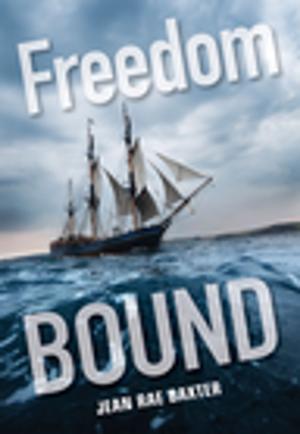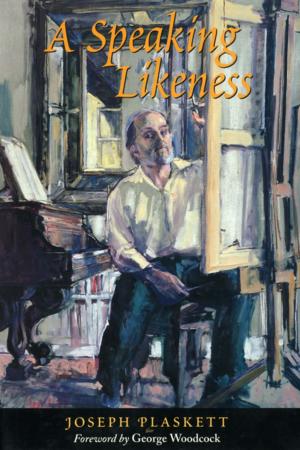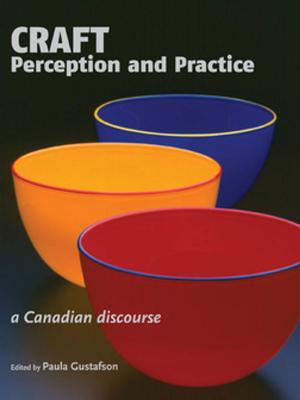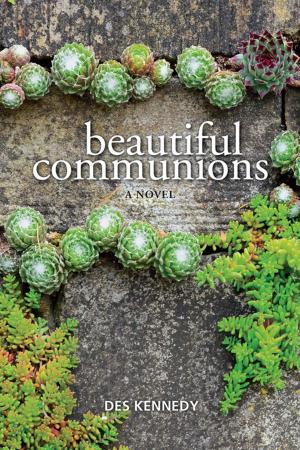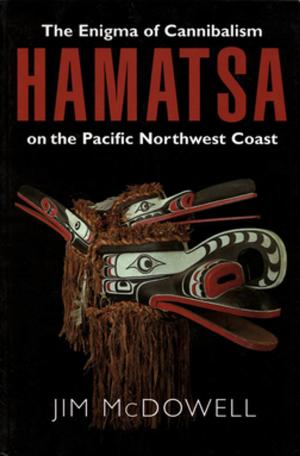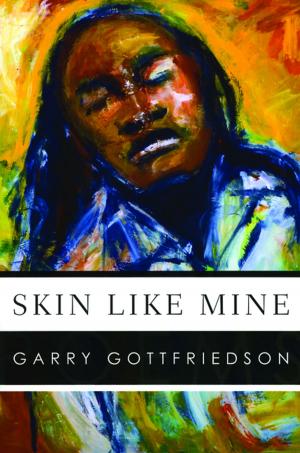| Author: | John Donlan | ISBN: | 9781553805489 |
| Publisher: | Ronsdale Press | Publication: | November 1, 2018 |
| Imprint: | Ronsdale Press | Language: | English |
| Author: | John Donlan |
| ISBN: | 9781553805489 |
| Publisher: | Ronsdale Press |
| Publication: | November 1, 2018 |
| Imprint: | Ronsdale Press |
| Language: | English |
Acclaimed for his superior craftsmanship (“half the meaning of a lyric poem is in the music”) and his summoning of sentiment without sentimentality, John Donlan in his sixth collection confronts our inevitable sense of loss and mourning as we live through the sixth extinction of the natural world. Yet always his work reveals the comfort and courage provided by close and loving observation of the processes of life. “The book that tells us how to be / lies always open,” he assures us. How much nature is a part of us, and we a part of nature, is an enduring theme in his work. Yet he wryly accepts our separateness: “Finger-combing deerfly carcasses / out of what’s left of my hair / I puzzle over my most minute machinery,” and he concedes that “The path from there to here . . . overwhelms / as when a widower, hearing his wife’s name, / weeps.” And always his imagination inhabits and reimagines wilderness: a frog carried off by a hawk cries, “I’m flying, I’ve turned into a bird.”
Acclaimed for his superior craftsmanship (“half the meaning of a lyric poem is in the music”) and his summoning of sentiment without sentimentality, John Donlan in his sixth collection confronts our inevitable sense of loss and mourning as we live through the sixth extinction of the natural world. Yet always his work reveals the comfort and courage provided by close and loving observation of the processes of life. “The book that tells us how to be / lies always open,” he assures us. How much nature is a part of us, and we a part of nature, is an enduring theme in his work. Yet he wryly accepts our separateness: “Finger-combing deerfly carcasses / out of what’s left of my hair / I puzzle over my most minute machinery,” and he concedes that “The path from there to here . . . overwhelms / as when a widower, hearing his wife’s name, / weeps.” And always his imagination inhabits and reimagines wilderness: a frog carried off by a hawk cries, “I’m flying, I’ve turned into a bird.”
